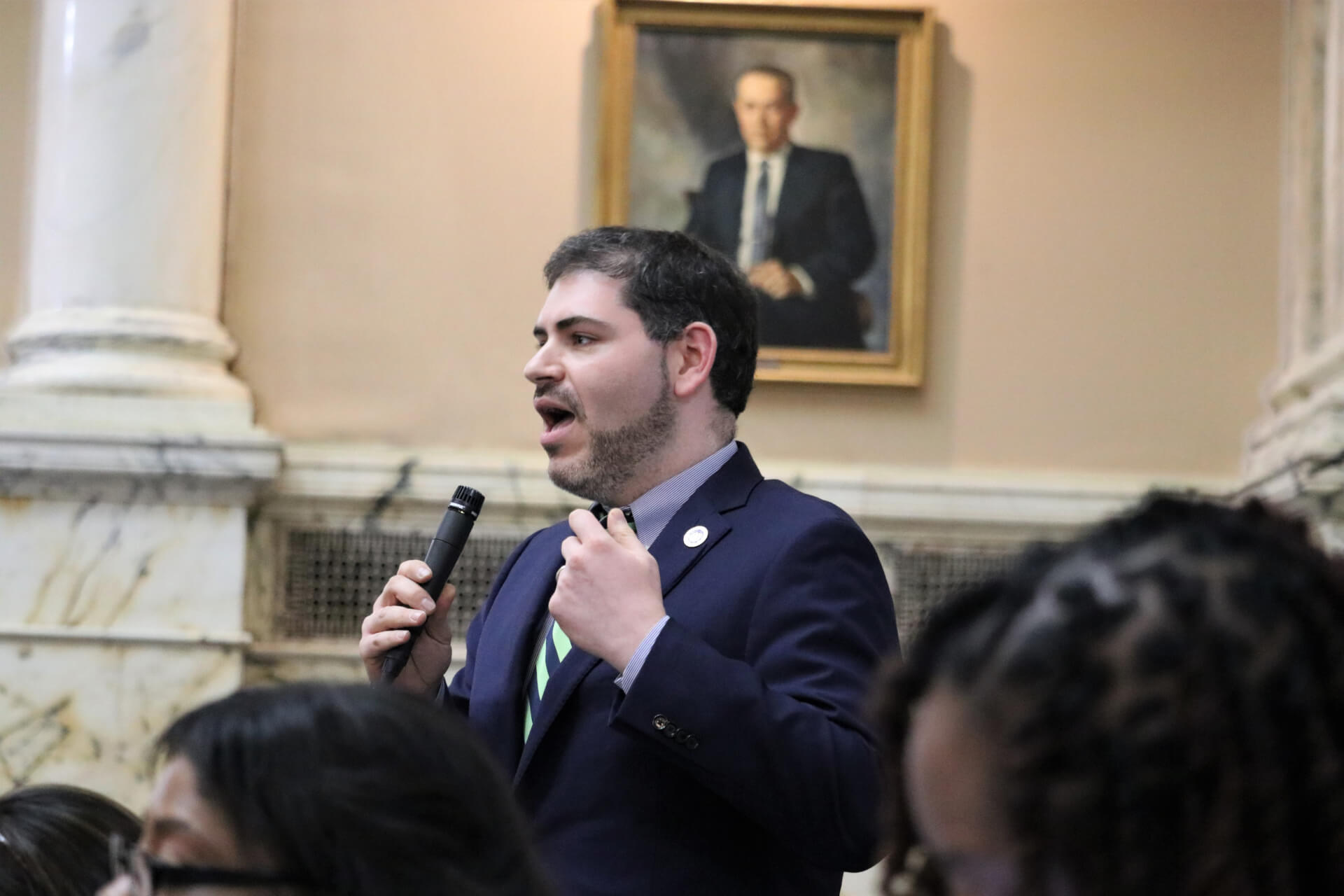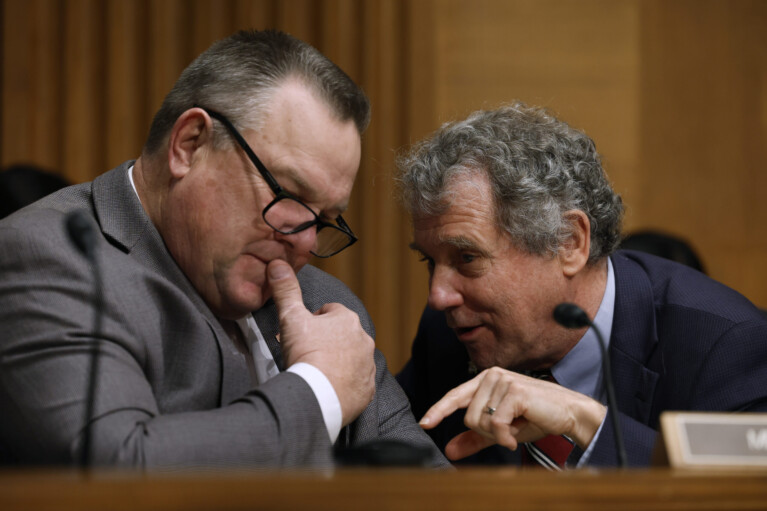
As the $1 billion Relief Act of 2021 went before a House of committee on Thursday, some state lawmakers are pressing to include funding for child care providers in the measure, proposed by Gov. Lawrence J. Hogan Jr. (R).
A survey conducted at the end of January by the Maryland Family Network found that child care monthly expenses have increased by an average of $5,300 per child care facility.
Without any financial assistance, 49% of child care providers said they may have to close permanently, after having experienced an average 20% drop in enrollment between January 2020 and January 2021.
The Child Care Provider Act, sponsored by Del. Jared Solomon (D-Montgomery) and Sen. Nancy J. King (D-Montgomery), is meant to begin a conversation around what legislative language for child care providers assistance could look like in the Relief Act of 2021, Solomon said.
Solomon’s measure would establish a Child Care Provider Support Grant Program, available to providers who were open before March 2020, are enrolled in the Maryland EXCELS program (which awards childcare centers ratings for meeting certain standards) and have lost at least 20% of enrollment for at least two months from March 2020 through June 2021.
Although some child care providers could qualify for small business assistance under the Relief Act, there is nothing in that proposal designed specifically for all child care providers, so “this bill is really meant to be a placeholder to try to make that happen,” Solomon told Maryland Matters.
If the General Assembly includes significant funding for child care providers in its final relief package, and it passes, Solomon said he will withdraw his bill.
“If we need it, it’s there, but I’m hoping that we’ll be able to get it through the relief package,” he said.
It could be a business saver for many childcare providers who have borrowed from relatives and taken on debt to stay afloat.
Kristin Selig has been operating a large home-based day care center in Calvert County since 2003 and said that she has applied to various grant programs, but was denied many times because either her business was too small to qualify or because the grants did not accept home day cares.
“I have been struggling the last few months and have resorted to relying on my parents for help financially,” she said in a virtual rally of bill supporters Thursday. “In order to reopen my doors, which I’m presently trying to do, I’ve had to purchase numerous items, extra supplies; I’ve had to purchase daycare insurance, and all of this is extremely difficult when I have no financial income coming into the business.”
Lisa Herbst, who owns two child care centers in Anne Arundel County, said “it feels like we’ve been forgotten between the priorities of public school and other small businesses.” Herbst saw a 90% drop in enrollment from March through June 2020 and is now at 50% to 60% enrollment.
“When I talked to my accountant, he said ‘Lisa it’s not sustainable,’” she said. “We’re carrying forward a $310,000 loss from 2020. And at some point, that burden will become too great for a small business like ours to continue.”
Under Solomon’s bill, grants would be awarded first to child care providers located in areas of high poverty or in places with too few child care centers.
The Maryland Department of Commerce and Maryland State Department of Education would implement the program and determine grant amounts, which would be limited to two months’ of expenses, Solomon said.
The bill would also mandate that the governor include $25 million for the program in the state budget annually, beginning in fiscal year 2023, which starts on July 1, 2022.
Child care centers that had savings when the pandemic struck may have been able to weather losses initially, Solomon said.
But finances are severely strained after almost a year of closures and low enrollment.
Early federal CARES Act funding earmarked for child care providers and MSDE’s $2,000 grant payments for children of essential workers have not met ongoing needs. Funds from the federal COVID-19 relief package approved at the end of December have not been distributed yet, and it is unclear how Hogan’s administration will spend it, Solomon said.
Most child care providers are in a worse position now than in the spring, Solomon said, and if their predicament continues, it will hurt the state’s economy.
“They’re really the workforce behind the workforce,” Solomon said. “This isn’t just a women’s issue, this is a family issue, this is a jobs issue, and this is frankly an economic recovery issue.”




 Creative Commons Attribution
Creative Commons Attribution